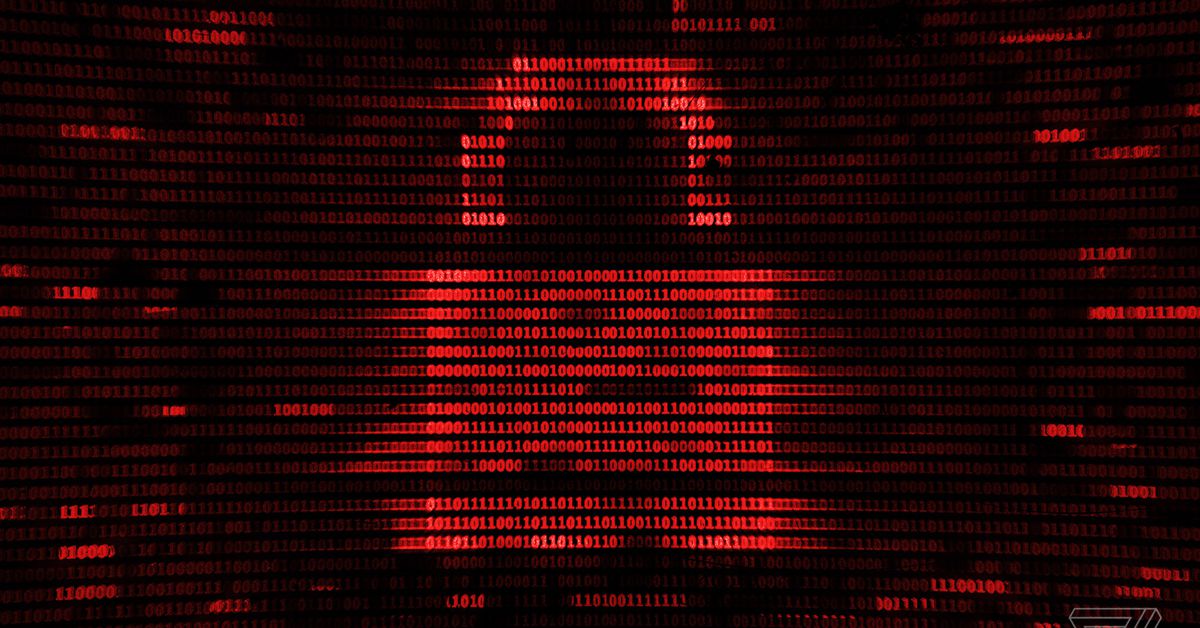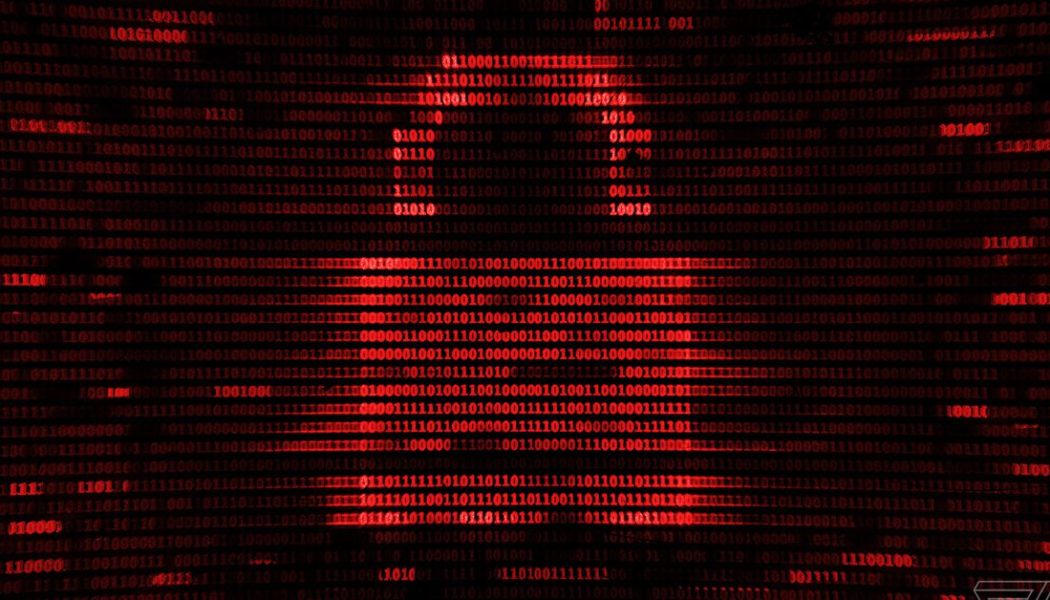
US soldiers stationed in Europe may have accidentally exposed information about the United States’ nuclear weapons stockpile when they used flashcard apps to help them remember details about the information, according to a report from open-source intelligence outlet Bellingcat.
Foeke Postma, a researcher with Bellingcat, wrote that the soldiers used study apps such as Chegg, Cram, and Quizlet to create flashcards where they stored information about bases in Europe where US nuclear weapons were likely located, secret codes, passwords, and other details about security. It appears that they forgot to set the settings for the apps to “private,” so that their usernames and photos were public-facing, and since some of the soldiers used the same photos as they had on their LinkedIn profiles it would not have been difficult to connect them to the nuclear information, according to Postma.
Why the soldiers used unsecured study apps to remember the information wasn’t clear. Postma contacted officials with the US Department of Defense, NATO, and European Command several weeks before publishing his report, and the flashcards with the sensitive information have since been taken down (although may still be visible on the archival Wayback Machine site, as Motherboard reported).
The study apps did not reply to requests for comment Saturday. An email to the Department of Defense asking whether the soldiers involved could face any disciplinary action was not immediately returned Saturday.










